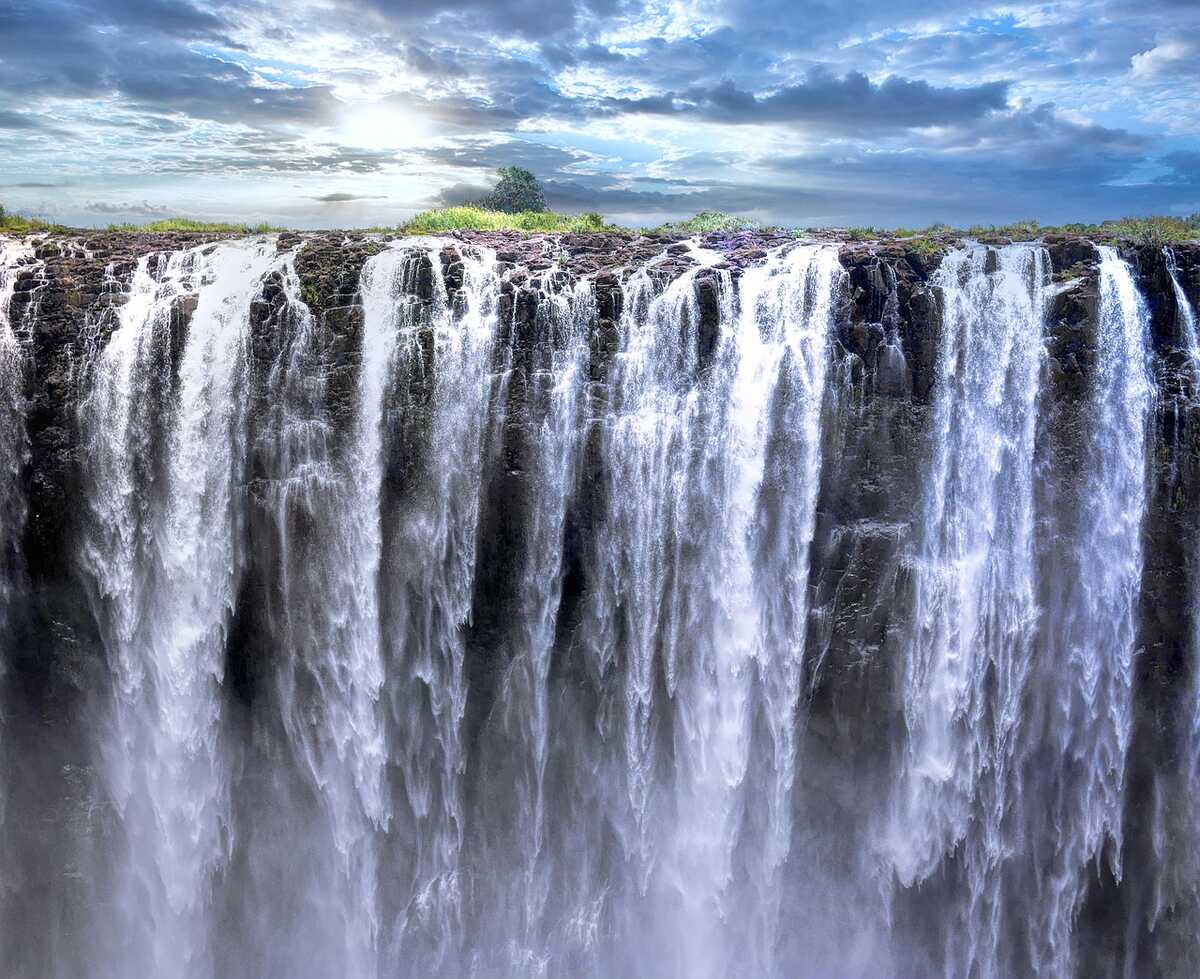When traveling to Tanzania, a common question among tourists is: Is it safe to drink tap water in Tanzania? With its breathtaking safaris, Kilimanjaro treks, and pristine beaches in Zanzibar, staying hydrated is essential—but drinking unsafe water can pose serious health risks.

Tap water in Tanzania is generally not safe for drinking for most international travelers. While some hotels and urban areas treat water to safe levels, contamination can occur due to:
Aging or poorly maintained pipes
Bacterial contamination
Seasonal flooding affecting water quality
Even in cities like Dar es Salaam, Arusha, or Mwanza, it is recommended to avoid drinking tap water directly unless confirmed by your accommodation.
Certain hotels, lodges, and high-end resorts often provide treated tap water or have in-house filtration systems. Examples include:
Luxury hotels in Dar es Salaam and Arusha
High-end lodges near national parks like Serengeti and Ngorongoro
Resorts in Zanzibar with private water treatment facilities
Even in these places, travelers are often advised to double-check with staff before drinking tap water.
Drinking untreated tap water in Tanzania can expose travelers to:
Traveler’s diarrhea caused by bacteria like E. coli
Cholera or typhoid in rare cases, especially in rural areas
Hepatitis A from contaminated water or food
Parasites such as giardia or amoebas
Symptoms can range from mild stomach upset to severe dehydration, which can disrupt your safari, Kilimanjaro climb, or beach holiday.
To stay hydrated without risking illness, travelers should consider:
Bottled Water
Widely available in supermarkets, hotels, and lodges.
Check that the seal is intact before drinking.
Filtered Water
Some lodges provide purified or filtered water.
Ensure that filtration systems are maintained.
Boiled Water
Boiling for at least 1–3 minutes kills bacteria and parasites.
Water Purification Tablets or Drops
Useful for remote safaris or camping trips.
Follow manufacturer instructions carefully.
Avoid ice from unverified sources in restaurants or street vendors.
Wash fruits and vegetables with safe water.
Brush your teeth with bottled or filtered water.
Carry a reusable water bottle and refill it with safe water throughout your trip.
Be cautious in rural or remote areas, where water contamination risk is higher.
In national parks such as Serengeti, Tarangire, or Ngorongoro:
Lodges and camps provide bottled or treated water.
Avoid drinking water from rivers, lakes, or streams.
Always confirm with your guide or lodge staff about the safety of water.
1. Can I drink tap water in Zanzibar?
It is safer to avoid tap water in Zanzibar. Stick to bottled or filtered water.
2. Is it safe to use tap water for brushing teeth?
Only if it is confirmed safe by your accommodation. Otherwise, use bottled or filtered water.
3. Can I use tap water for cooking?
Yes, if the water is boiled or treated. Always wash raw foods with safe water.
4. Are there any exceptions where tap water is safe?
High-end hotels and lodges with certified water treatment may provide safe tap water. Always verify before consumption.
5. What should I do if I accidentally drink tap water and feel sick?
Drink plenty of safe fluids, rest, and seek medical attention if symptoms persist, especially dehydration, diarrhea, or fever.